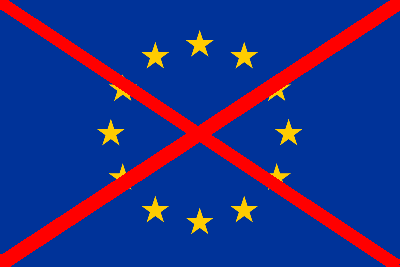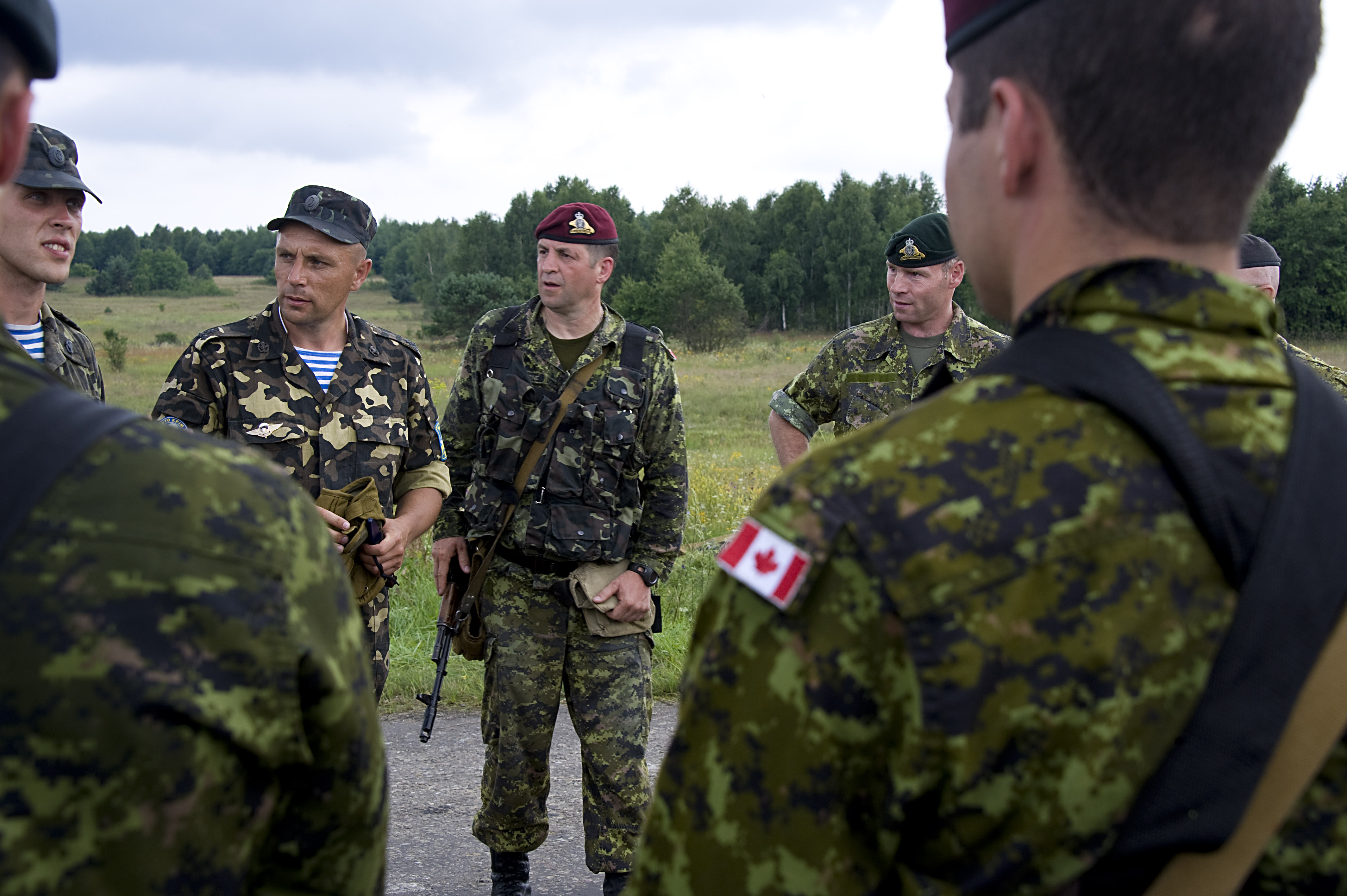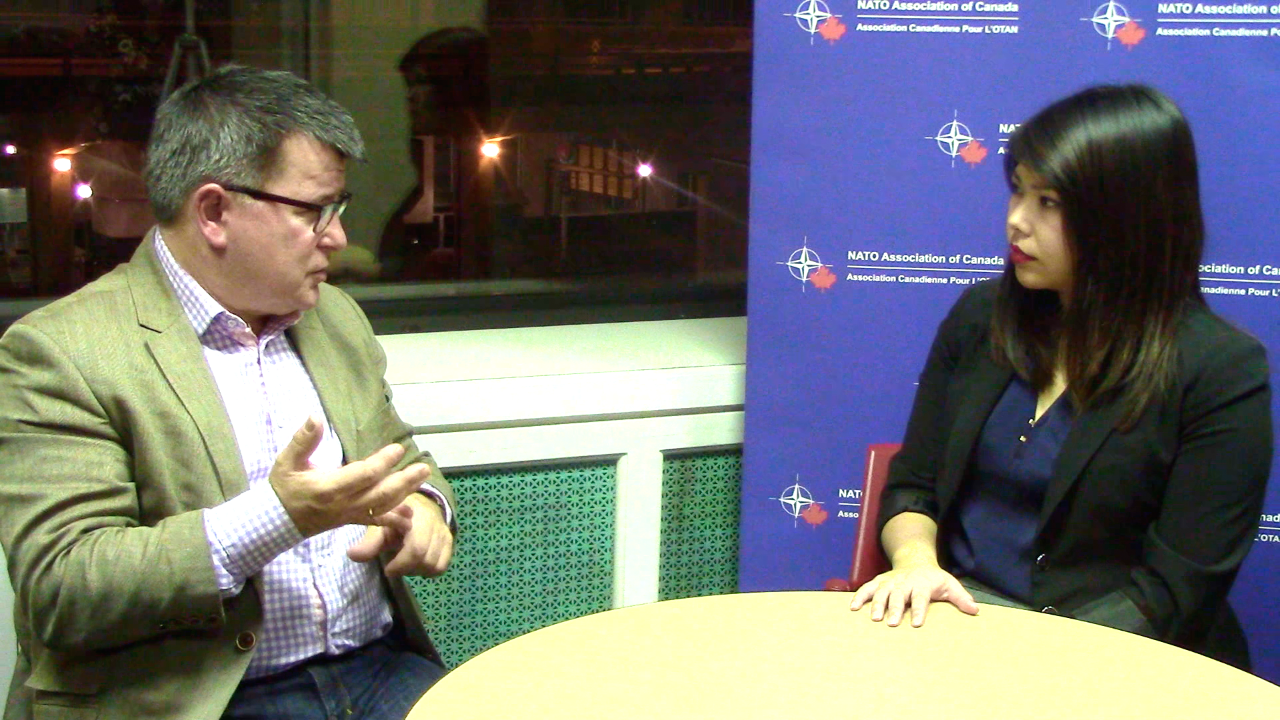As the “Eurozone” crisis persists, debate over the future of Europe continues. Some, have called for closer political unity. Others have called for more distance from the European Union. Belonging to this camp is Alan Sked, Professor of International History at the London School of Economics and Political Science.
Having studied under Historian A.J.P Taylor, Professor Sked is an expert on the history of the Habsburg Monarchy. Many of his works have been translated into a number of languages including German, Italian, Japanese and Chinese. During the 1990s as well, Professor Sked launched a career in the British political scene. He served as a member of the Bruges Group, and is founder of both the Anti-Federalist League and United Kingdom Independence Party (UKIP). Professor Sked however left politics and returned to academia. Since then he has written several new books, and has had numerous articles published in Foreign Policy and Times Literary Supplement. I recently had the opportunity of interviewing him regarding Europe, NATO and their future.
[captionpix align=”left” theme=”elegant” width=”320″ imgsrc=”https://encrypted-tbn0.gstatic.com/images?q=tbn:ANd9GcRzBzMCTwOaBrzZfIGHfozhvObt4ibJEcqYHCEgTWDjgmXkfAUEfw” Obama and Romney agreeable on many issues last night “]
What got you Interested in European affairs?
As a student of European history with an Oxford D.Phil, taken under the supervision of A.J.P. Taylor on the 1848 revolutions in the Habsburg Monarchy, followed by several books on the Habsburg Empire and the history of European diplomacy, European affairs have always been my professional bread and butter. My Penguin history of Post-War Britain also meant that I had to become a student of British foreign policy. Finally, from 1981-1991 I acted as Convenor of European Studies at LSE, so I could hardly avoid contemporary European affairs either. In any case, ever since I was a teenager I have been intellectually interested in the debate over Europe.
How has being a historian affected your views on European integration?
It has confirmed my view, based on deep knowledge of Europe’s diplomatic record over centuries, that Europe is a state-system and not a state. Europe’s nations have different cultures and their diversity should be preserved. The so-called European ideal is plastic and artificial, created to allow Germans to live with their past and to allow others to control them. It has not worked, save for self-serving and self-deluded bureaucrats and politicians, so it is time to discard it and move on.
In your opinion, how would you define being “European?” How has the meaning of this term changed over time?
A European is simply someone born in Europe. But ‘good Europeans’ are those who have swallowed the propaganda of European unity. Their definition of a European is an ideological one. They are like Americans who can differentiate between Americans and Anti-Americans. They see me as anti-European, whereas I love Europe along with its languages and cultures and simply don’t want to see the EU spoil it.
Can any parallels be drawn between today’s Eurozone crisis and another crisis of the past?
Probably. There are hints of 1929 but historical crises are always unique. We may be nearer to 1914 with the role of the Balkans now being transferred to the Middle East.
Does the Eurozone crisis show a European Germany or a German Europe?
Probably neither. The trouble for Germany is that she has invested so much rhetoric in European Unity that she is unable to serve her best interests and quit the Eurozone. Yet the majority of her citizens are clearly tired of putting the interests of others first. So too are the Dutch, Finns and even the poor Slovaks who are much poorer than the Greeks but who have to keep helping to bail them and other richer countries out. The basic problem is that the desire for political unity just doesn’t exist anywhere yet the political elite still keeps forcing it on everyone. The real problem therefore is not Germany but Brussels with its deathly hold on the European elite. Only the lack of democracy in the EU keeps it going.
How do you think the Eurozone crisis will end? How grave are the risks of an internal collapse?
It will keep going for a good while thanks to Signor Draghi’s plan to fund the failing banks with EU cash. So long as the Germans don’t revolt and Frau Merkel keeps making concessions, the crisis can drag on for years. But one day the debts will be too big and the Germans and others will revolt, or referendums required to establish new treaties will fail and engender a new constitutional crisis. You simply cannot make federalist bricks without democratic straw.
What do you think NATO’s role has been in a unified Europe? Has it strengthened or weakened European integration?
It has strengthened European integration to the extent that it provides some cover for those member states who were formerly in the USSR. But the USA has little faith in Europe as Robert Gates told his NATO allies on his valedictory tour. Militarily NATO’s European pillar is a total sham, but so probably is Russia’s defence forces so appearances still count. In fact, NATO has little to do with the EU. Or at least, I hope it doesn’t. I’d hate it to catch the EU disease of slow internal disintegration. Yet maybe it already has.
What is NATO’s future?
That’s a difficult question. Unless its European members are prepared to boost defence spending (a slim hope), it will remain largely a military front for the USA. However, America’s defence priorities are shifting away from Europe to the Middle East and the Pacific, where the greatest challenges are now arising, and she will pay less and less attention to a Europe which has little to contribute to joint defence. Maybe future Russian policy under the increasingly fascist Putin will redirect attention to Europe. I certainly hope not though.
Is there any serious contradiction within Europe in terms of trying to formulate a common foreign and security policy?
Yes. Common defence and foreign policies can only arise from common interests and objectives. These do not exist in Europe outside Brussels. Look at recent history. Europe split over the major issues: the two Gulf wars and the Balkans, and has a range of views over Israel and Palestine, Syria and other issues. Nor do France and Britain want to give up control of their independent nuclear deterrents, while Germany has just renounced nuclear power. Most EU states have no defence establishments worth worrying about in any case. Only France and the UK have decent-sized armed forces and the recent attempt to have future British aircraft carriers (if they ever get built) equipped with French planes shows how silly even Anglo-French defence policy really is. A European one would be even sillier.
Will there ever be another European war?
I am a historian not a prophet. But I hope not!




